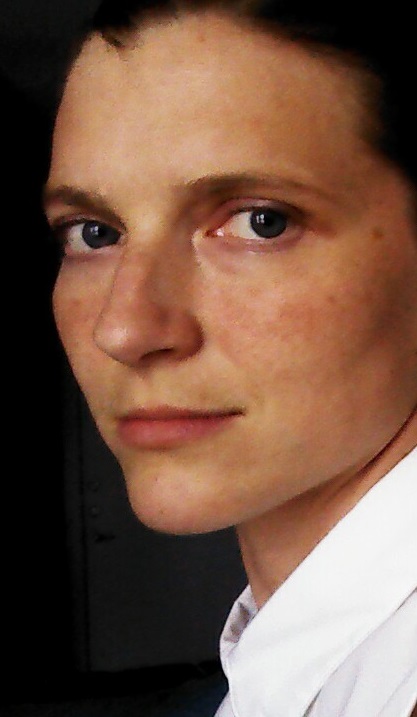Avery Slater's work investigates the role of technology in re-conceptualizing human and nonhuman forms of linguistic creativity. She will spend the year at the Penn Humanities Forum completing her first book, Apparatus Poetica, a project exploring how mid-twentieth-century poets rethink modernist theories of poetic process in response to rapidly emerging technologies of language (computation, machine translation, information theory).
She previously held the 2014-2016 Presidential Excellence Postdoctoral Fellowship with U.T. Austin’s English Department, where she taught world literature, ecocriticism, and technology studies. Her work in comparative poetics and film theory has recently appeared in or is forthcoming from American Literature, Cultural Critique, Thinking Verse, Transformations, and the William Carlos Williams Review. She is co-editing with Marc Redfield a volume of essays regarding the future of critical theory: Theory at the Millennium (forthcoming, Northwestern University Press).



